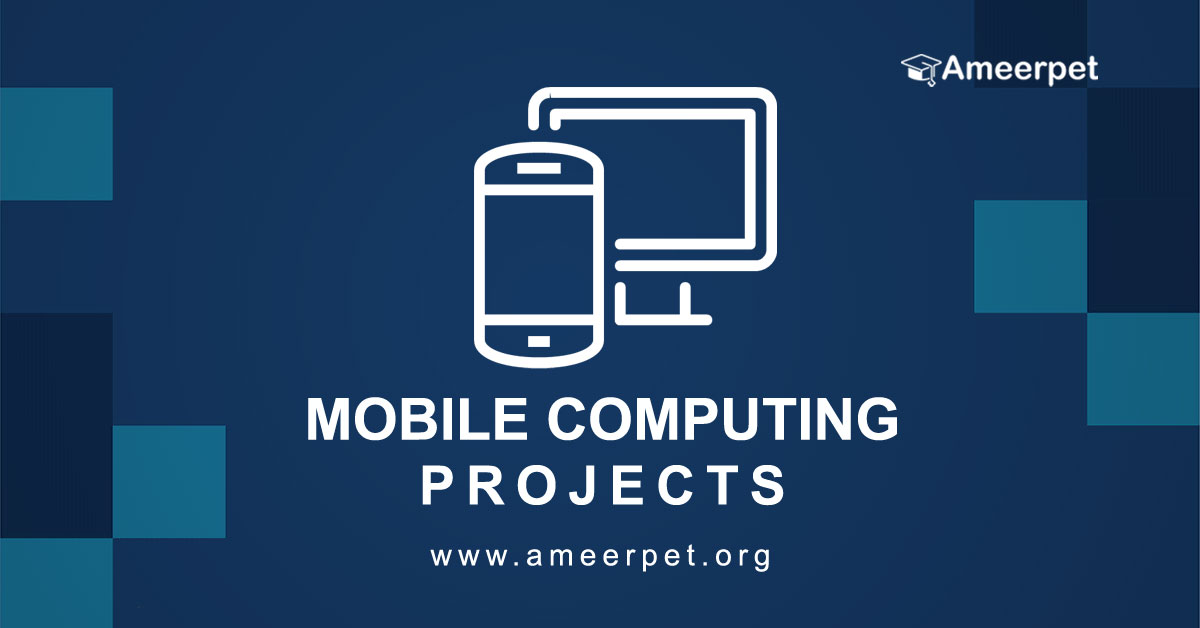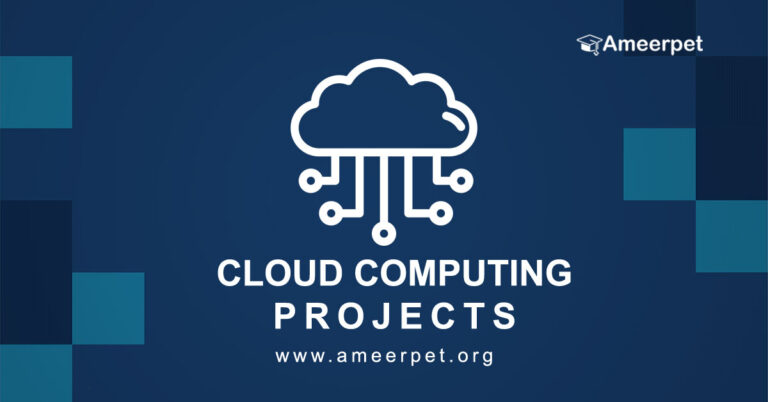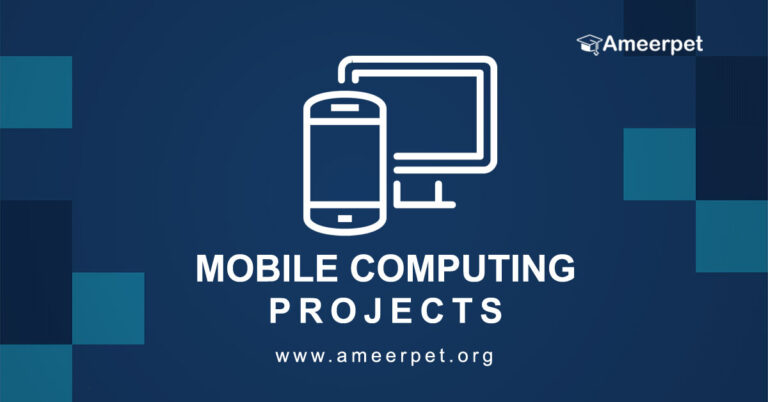
Abstract:
Novel mobile apps are created to attract users of 5G-enabled vehicular networks. Computation offloading and adaptive task scheduling in high-dynamic networks are difficult to determine. Since vehicular users are rational and selfish to maximize profits, the network operator’s scheduling policy may be violated.
POETS, an efficient partial computation offloading and adaptive task scheduling algorithm, maximizes system-wide profit by considering vehicular users’ incentive compatibility and individual rationality. The optimal transmission scheduling discipline is first derived using a two-sided matching algorithm.
After that, convex optimization can calculate the vehicular offloading ratio without user information. A non-cooperative game is used to calculate vehicular users’ payoff to reach equilibrium between users and the network operator. Our solution works based on theoretical analyses and real-world taxi traces.
Note: Please discuss with our team before submitting this abstract to the college. This Abstract or Synopsis varies based on student project requirements.
Did you like this final year project?
To download this project Code with thesis report and project training... Click Here

